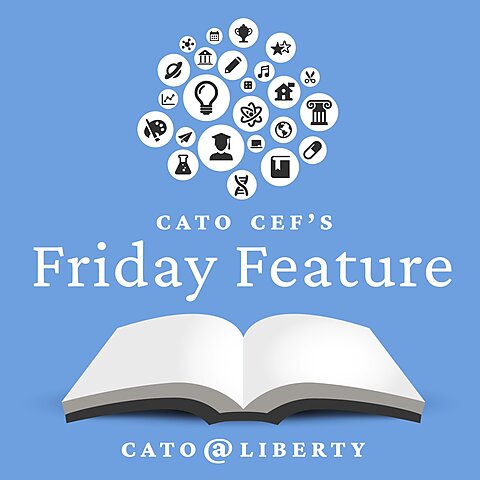Jennifer Wolverton calls Log Cabin Schoolhouse an “accidental startup.” An engineer by trade, she became a homeschooler after discovering that one of her kids was dyslexic. With her engineering background, she was soon the math teacher for all of their friends.
When COVID-19 hit, “We went online like everybody else did,” she recalls. “I started taking registrations for my classes on my blog just because we were all online and it was an easy thing to do. And all of a sudden I had kids in other states. I had kids in New York and California, and the next summer I had kids in Australia. Now I have kids in Canada.” And that was the start of Log Cabin Schoolhouse, LLC.
Since then, Jennifer and her family moved to Alabama, and two of her kids have graduated and headed to college. She was searching for the right educational fit for her younger son. “We’ve tried so many things since we’ve been here,” she says. “It’s hard when you know exactly what you want and just can’t find it because it really doesn’t exist.” So she decided to create it: Log Cabin Microschool will launch in the fall in Huntsville, Alabama at a virtual reality theme park called DiVRgence.
The uniqueness of Jennifer’s approach is that she marries the latest technology with classical education—or, as she puts it, she “smashes” them together. For English, this takes the form of the AI Writers’ Guild she created that anyone can take through Log Cabin Schoolhouse. Jennifer partnered with a woman from Germany who developed a program called NovelCraft, an AI‐powered brainstorming tool, to give Log Cabin students free access to the program.
“It empowers young novelists to write and self‐publish a novel with the assistance of artificial intelligence and technology,” Jennifer explains. “It’s super cool. I’m targeting middle schoolers, but it is a full credit of high school English as well. You’ll write a full novel with the potential to publish it on Amazon KDP. You become an expert in Microsoft Word because you wind up with a 10,000- to 40,000-word manuscript with a clickable table of contents. And you also become an expert in Microsoft OneNote, which is where you do all your novel brainstorming.”
She’s also planning to “smash” history and technology. “My kids will be telling the US history story—the high schoolers will tell it through website design, and my middle schoolers will tell it through a podcast,” Jennifer says. In science, the “smashing” will involve virtual reality, but she doesn’t have that completely figured out yet.
One of Jennifer’s goals is to create producers of technology as opposed to consumers. She’d like to see the conversation switch from eliminating screen time to thinking about the proportion of it.
Maybe in kindergarten you have one proportion, like maybe they’re 80% off screens and 20% on screens. And then by the time they’re in high school, when you have them on screens, you think about how much they’re producing. They may be coding while they’re on it. So maybe 80% of the time they’re on screens when they’re in high school, you want them producing something as opposed to just consuming games. I’d like to kind of try and start changing that conversation. I feel like we’re not having the right conversation when we just talk about removing our children from computers. It’s real hard for a tech family like mine to have that conversation because we have our kids on devices all the time, but they’re literally making things all the time. One of my daughters has five 3D printers, so she’s literally crafting things all the time. And the idea of removing her from her devices is just far, far from my mind.
Pointing to the Alabama School of Cyber Technology and Engineering, which she says is amazing but cost millions of dollars and only teaches a few hundred kids a year, Jennifer has a different vision: partnering with rec centers in Alabama. “There are 94 rec centers in Alabama. And I’d like to bring 96 or so kids through each of the rec centers. And I would be able to serve this cutting‐edge education to 9,024 kids in Alabama without needing that significant amount of capital,” she says.
One exciting aspect of the partnership with DiVRgence is that the owner has a nonprofit focused on esports and wants to take esports all around Alabama through the rec centers. So together, they can bring cutting‐edge micro schools and esports to kids throughout Alabama.
Jennifer is supportive of the CHOOSE Act, which is Alabama’s new education savings account program, and she hopes to participate eventually if the regulatory burden isn’t too high. “It will depend if I have students who want to make use of it,” she says. “Home schoolers are who we serve, and in our state they only get $2,000.” Her tuition is currently below that, but it doesn’t cover all the costs associated with the microschool, so she’ll have to raise it at some point.
It’s exciting to see the new opportunities that are being created as education entrepreneurship spreads. By “smashing” classical education components with the latest technology and a push to help kids become producers, Jennifer is opening entirely new pathways for students in Alabama and, potentially, beyond.

